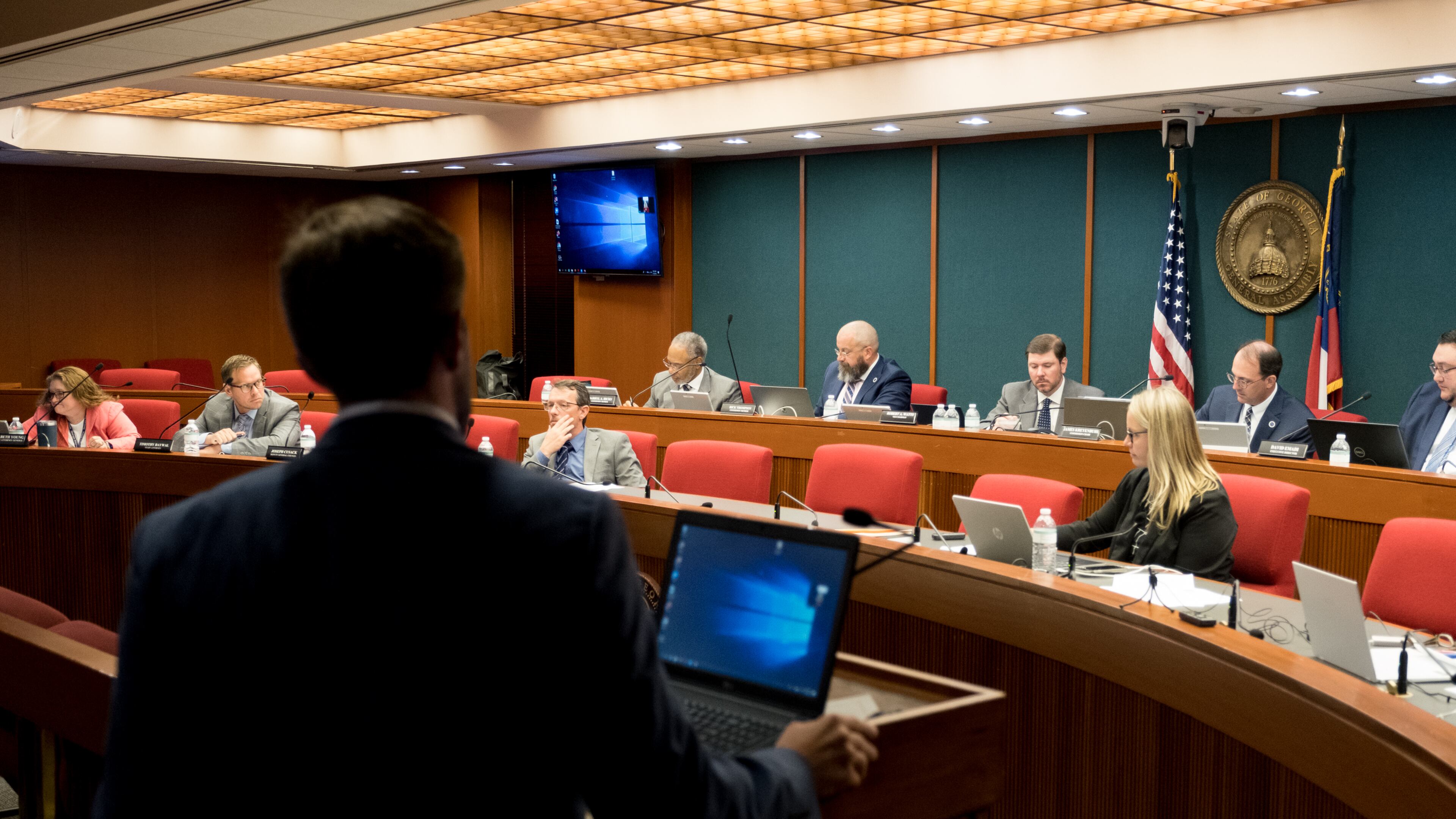High inflation means Georgia pols can take bigger campaign contributions

The inflation that has hit consumers buying eggs, gas and vegetables in recent years is good news for Georgia campaign fundraisers.
The state ethics commission on Monday increased the limits on how much candidates can take from individual donors by about 10% for the 2024 and 2026 election seasons.
David Emadi, executive secretary of the commission, said the increased limits are based on rising inflation. The last time the limits were reset was 2021.
Since 2019, the limits on how much donors can give have gone up about 20%. The previous increase was part of the reason candidates raised and spent a record amount of money in the 2022 election season, flooding Georgians with TV ads, mailings, text messages, emails and social media posts.
Under the new limits, candidates for statewide office — such as the governor, lieutenant governor and attorney general — would be able to raise $8,400 from individual donors for both the primary and general elections, and $4,800 for a primary runoff. So a candidate for governor, for instance, who ends up facing a runoff, wins it and is nominated for the general election could collect up to $21,600 from an individual, business or political fund.
The limit in that case in the 2022 campaign season would have been $19,700, and in the 2020 campaign season it would have been $18,100.
For local hopefuls or General Assembly races, candidates could raise $3,300 — up from $3,000 — for a primary and a general election and $1,800 — up from $1,600 — in a runoff. So if, for instance, a state Senate or House candidate is forced into a primary runoff next year, wins it and is nominated for the general election, he or she could raise $8,400 from an individual, business or political fund, up from $7,600 during the 2022 election season.
Those limits won’t affect the average political donor. But thousands of lobbyists, industry associations, businesses, individuals and political action committees donate as much money as they can each election cycle to leading candidates.
The change means less to Gov. Brian Kemp, Lt. Gov. Burt Jones and House and Senate leaders because of a law the Republican majority passed in 2019 that allowed select state leaders to create “leadership committees” that allow them to raise unlimited amounts from wealthy individuals, corporations and political action committees.
While there are limits on individual candidates, the committees can raise $1 million or more from individual donors, as was the case last year.
Kemp and his Democratic opponent in last year’s election, Stacey Abrams, raised more than $100 million combined in high-dollar leadership committee donations for last year’s election. Even though Kemp isn’t allowed by state law to run for a third term, he can legally keep his leadership committee going and raise money to further his political agenda. Kemp is considered a possible candidate for the U.S. Senate in 2026.


